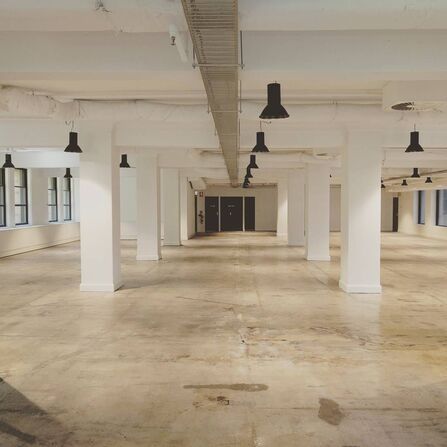|
A “Make Good” clause refers to the tenant’s obligation, when reaching the end of the lease term, to ensure that they ‘make good’ the premises before leaving. This is a standard clause of most commercial leases requiring the tenant to return the property to the landlord in either its original or existing, clean and tidy state. Make Goods exist to allow the tenant to exit the premises in a way that’s fair to both parties, by specifying works and obligations that should be undertaken by the tenant upon leaving. However, Make Good clauses are not always drawn up fairly. Sometimes they can be too ambiguous or irrelevant to the specific premises. In some cases, tenants will hurry to sign a lease after negotiating more pressing matters such as term and possession, pushing the Make Good clause aside until the end of the lease. The tenant may then be shocked at what they are required to do, leading to a dispute with their landlord. So how should you handle a Make Good clause as a commercial tenant? And what steps can you take to ensure a smooth leasing process and handover? 1. Have a consultant review and negotiate your Make Good clause
Before signing the lease, it’s a good idea to have a commercial property consultant review the Make Good clause to see if there’s room for negotiation. Consultants have knowledge and experience in Make Goods that allows them to identify if something is unreasonable, something that may otherwise go unnoticed by the tenant. Terms like “Back to base building” can leave the tenant unclear about their make good obligations and the end cost. A consultant can help clarify such terms before negotiating a more favourable outcome for the tenant. 2. Don’t accept the landlord’s first offer A landlord’s initial offer can be significantly higher than what you ultimately settle for so recognise when there is room for negotiating. 3. Use all the negotiating tools in the toolbox! Sometimes, the Make Good will require carpet, painting and the removal of furniture. One of our clients was presented with an inflated cost by their building management for carrying out such works. We therefore sourced our own quotes to complete the Make Good works and once these quotes were in hand, our client was able to negotiate a settlement figure which was significantly lower than what was presented to them. 4. Don’t leave it to the last minute Negotiating a Make Good outcome can take a few months to resolve. If you are still negotiating beyond the lease expiry date you may be charged additional rent. 5. Don’t forget to follow up! Once the Make Good is complete, to ensure that you are refunded everything owing to you, follow up on these details: • Bond holding security deposit • Bank Guarantee • Reconciliations adjustments for operating expenses Many tenants will adopt a “cross that bridge when we come to it” attitude regarding the Make Good clause in their lease, but it is important that this clause is clear and fair to both parties when signing a lease so there are no surprises towards the end of the lease. BRM’s Property Team offers expert consultation and Make Good advice to commercial tenants. Discover how we can help you negotiate the best Make Good outcome. Contact Us Now
0 Comments
Your comment will be posted after it is approved.
Leave a Reply. |
Sign Up To Our NewsletterArchives
September 2023
Categories
All
|
BRM |
QUICK LINKS
|

 RSS Feed
RSS Feed

